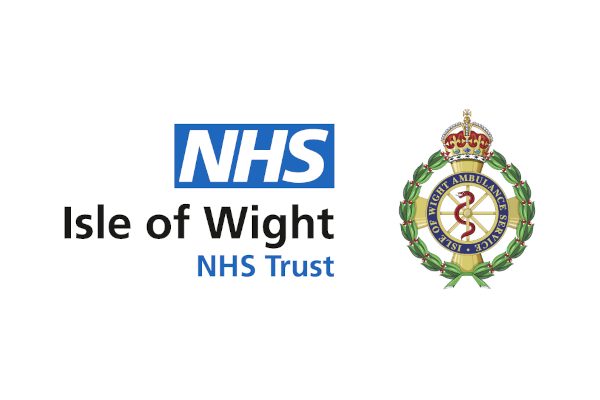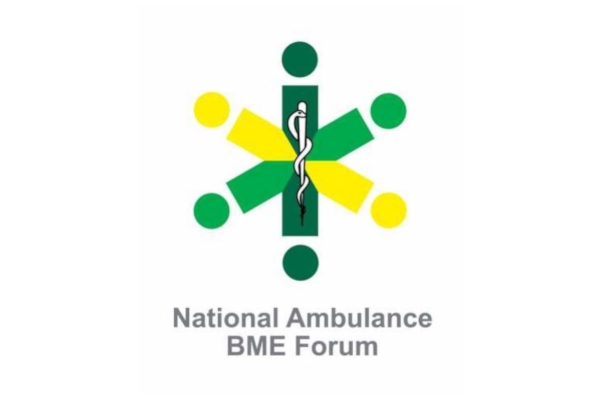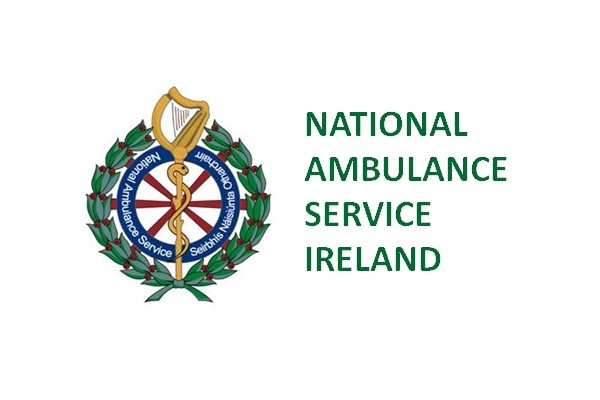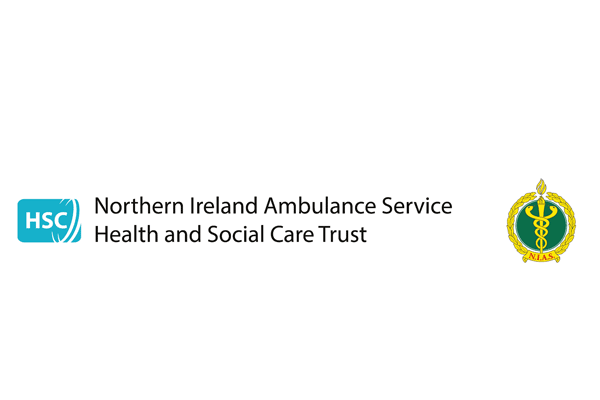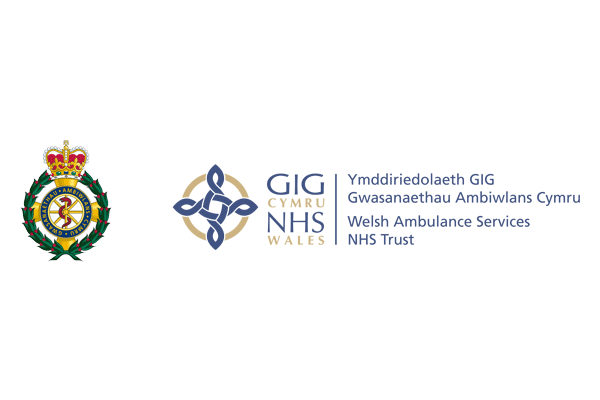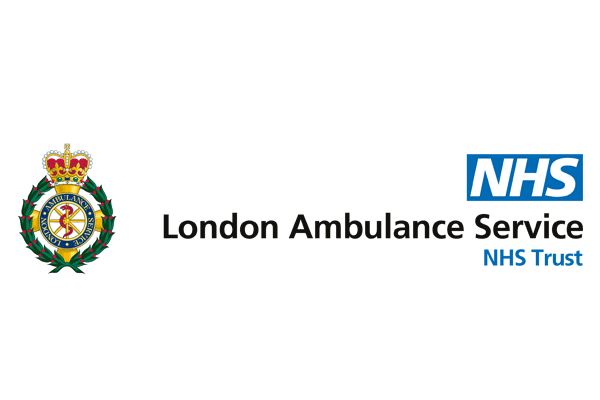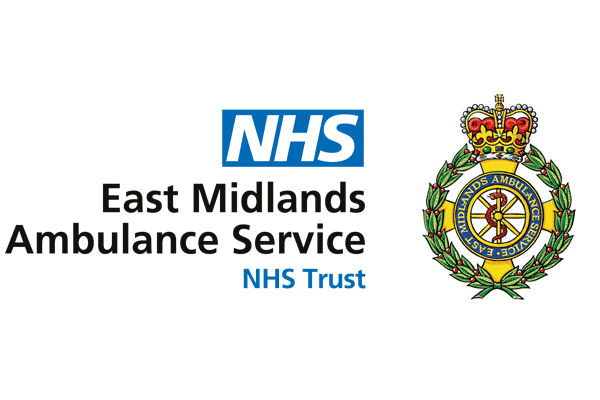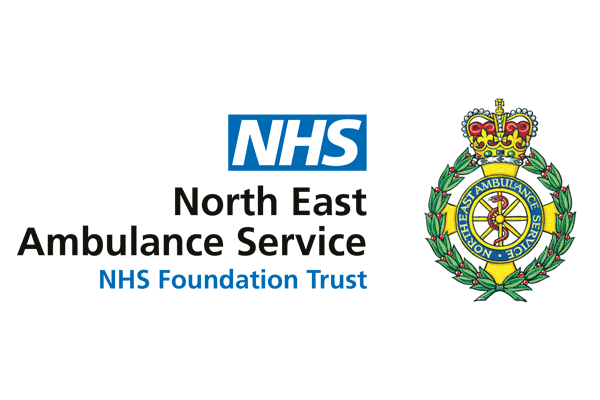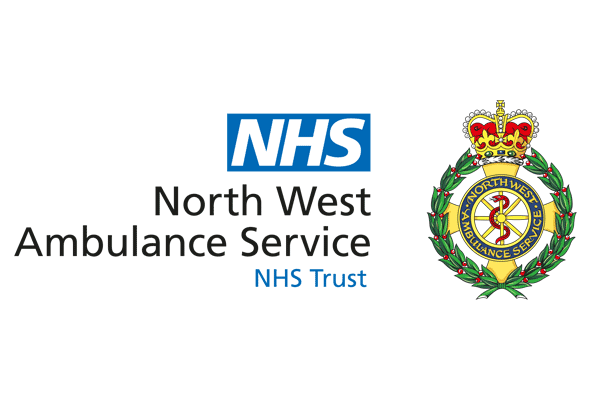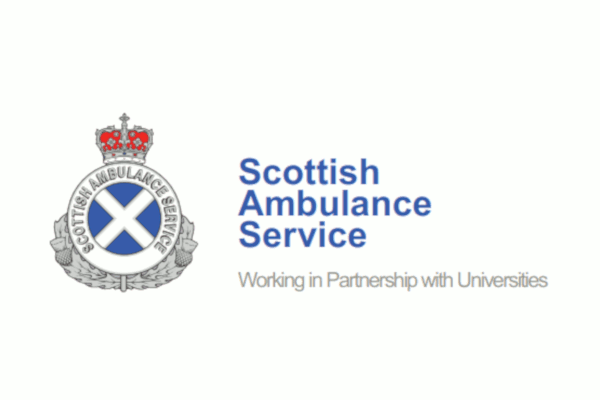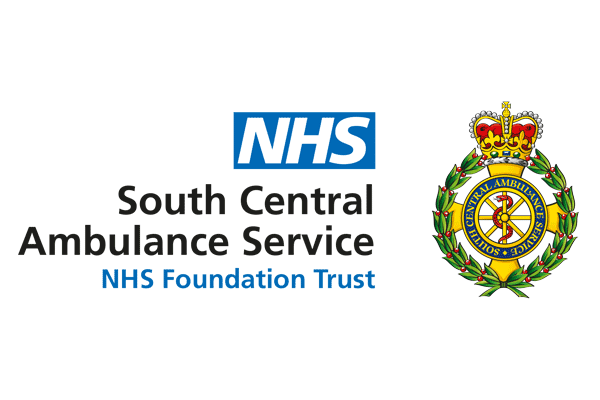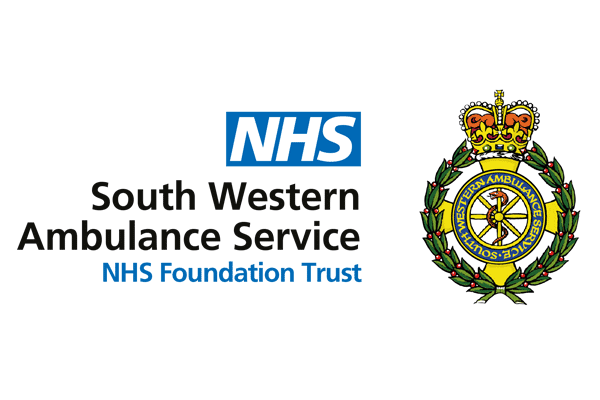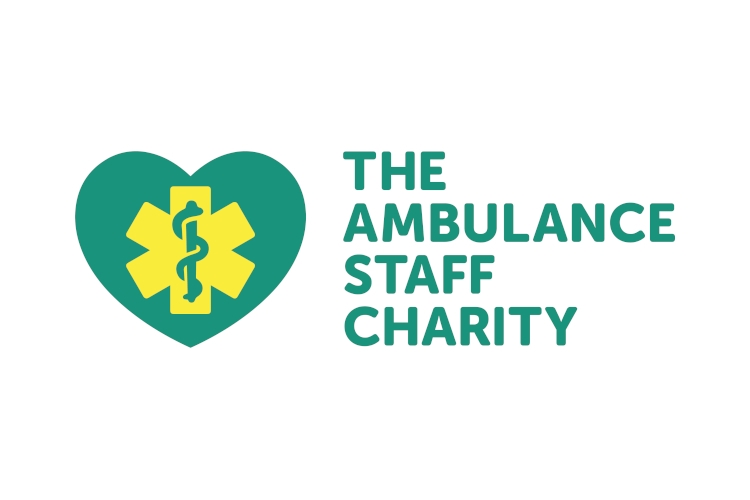 East of England Ambulance Service (EEAST) is collaborating with the South-West Hertfordshire Wellbeing Service provided by the Hertfordshire Partnership University NHS Foundation trust (HPFT), to develop a more effective response to patients experiencing mild to moderate anxiety or depression.
East of England Ambulance Service (EEAST) is collaborating with the South-West Hertfordshire Wellbeing Service provided by the Hertfordshire Partnership University NHS Foundation trust (HPFT), to develop a more effective response to patients experiencing mild to moderate anxiety or depression.
 Many individuals call 999 because of symptoms which turn out to be anxiety-related or low mood. When attending, ambulance clinicians will therefore be dealing with patients who rarely require urgent medical attention but might well benefit from some form of anxiety or mood intervention.
Many individuals call 999 because of symptoms which turn out to be anxiety-related or low mood. When attending, ambulance clinicians will therefore be dealing with patients who rarely require urgent medical attention but might well benefit from some form of anxiety or mood intervention.
The Wellbeing Service offers short-term, solution-focused psychological therapy to clients experiencing these types of mental health symptoms, where chronic or complex conditions requiring psychiatric diagnoses are not indicated.
The Wellbeing Service and EEAST agreed to work together to ensure the right treatment gets to the right patients.
The Wellbeing Service supplied electronic literature to EEAST for an initial in-ambulance pilot, including A4 posters to be displayed within ambulance staff rooms.
EEAST agreed to distribute Wellbeing information:
- To ECAT (Emergency Clinical Advice and TriageTeam), who provide Hear & Treat care, enabling them to provide a signposting service to 999 callers assessed as not in need of an ambulance.
- To virtual crewrooms (closed Facebook groups) so ambulance staff are aware.
- To the EEAST rolling news website to promote wider awareness amongst ambulance staff.
- EEAST has added the Wellbeing Service to MiDos, (My Directory of Services) app, used by all their ambulance clinicians to quickly identify appropriate services for signposting when with a patient.
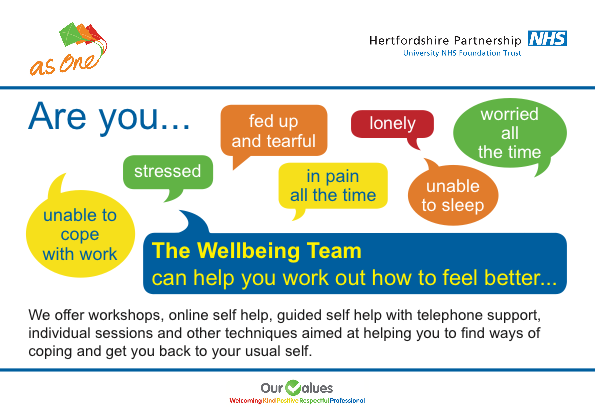
Initial Evaluation:
Awareness of the Wellbeing Service has improved within EEAST, but robust capture of referrals is difficult, relying on voluntary patient report data as well as ambulance staff remembering to log these contacts and referrals. The Wellbeing Service asks referring patients to indicate where they heard about the service, but several months of data will be required to show a clear trend. The next stage in the project is to develop a rigorous method of evaluation for this initiative over the long-term.
Outcome:
The project provides a way for ambulance clinicians to support distressed individuals at the point of contact, and ultimately should contribute towards a reduction in unnecessary ambulance deployment and/or unnecessary conveyance.
Further information:
For more details or to discuss any of this, please contact Sarah Stead, Area Clinical Lead, EEAST and Jo Bawa, Access Lead, Wellbeing Team, HPFT.

